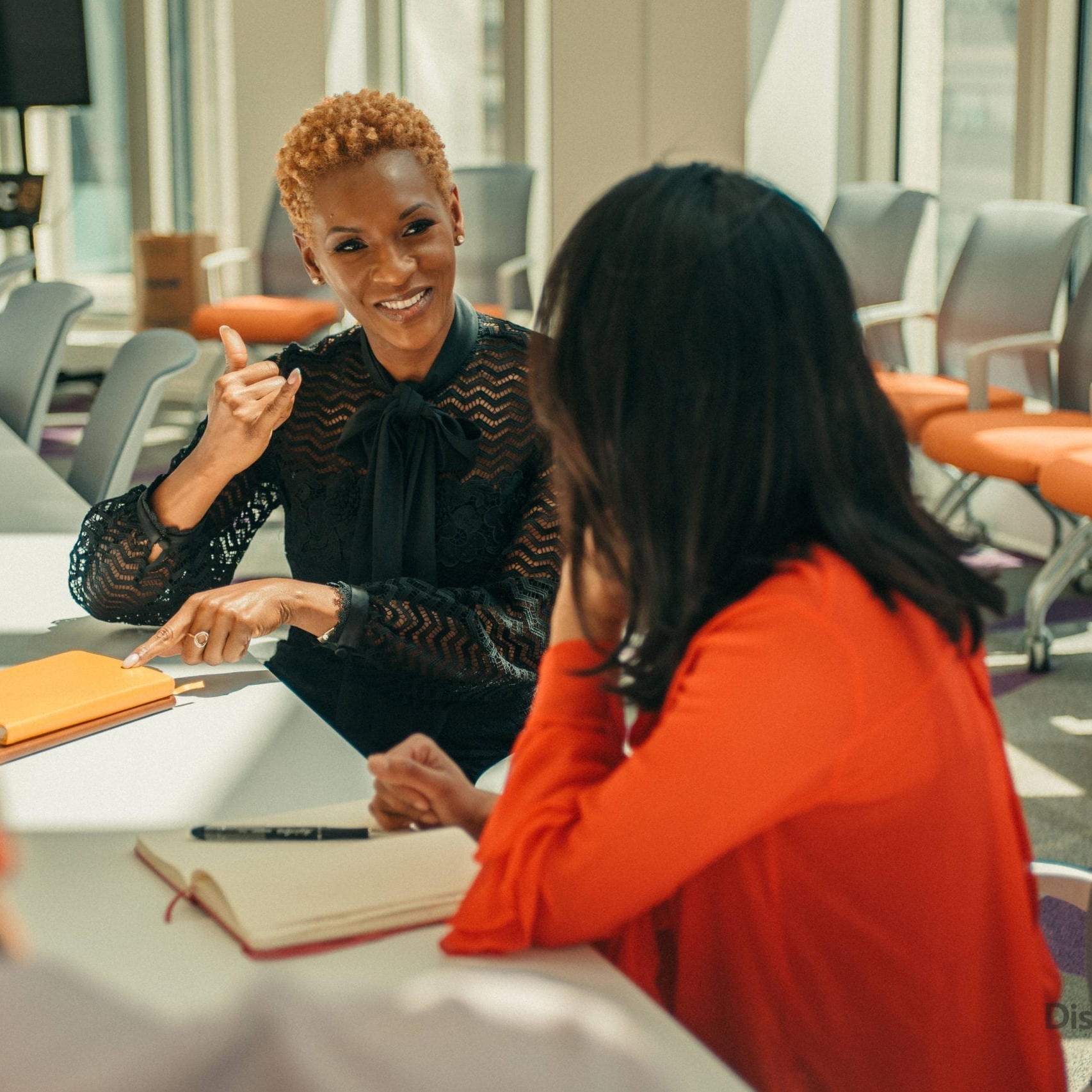The top 5 things you should know when working with people with a disability

“We know what we’re good at, what skills we have, and what we struggle with – just like anyone else.”
1. Use the labels we use for ourselves.
Those of us living with a disability have thought long and hard about how we choose to label ourselves. For example, “visually impaired” isn’t the correct term for someone who is blind. Visually impaired and legally blind both imply that a person has some remaining sight, while blind implies they have none. And both of these would have very different needs. If you’re not sure how to refer to someone’s disability, just ask; it’s far better than assuming.
In addition, some people with a disability are part of a movement to re-appropriate terms formerly thought of as offensive, in the same way the LGBTQIA community has done. Disability is not shameful, and many disabled people choose to acknowledge their conditions with pride rather than shame.
2. When it comes to work standards, expect the same from us that you would of others.
Too often, especially in the working world, there is a tendency to treat those living with a disability with pity, or condescension. This is not helpful for anyone. When others don’t feel that they can expect the same of us as they would other colleagues, it only makes it harder for us to find and complete meaningful, fulfilling work. Yes, we may need accommodations like magnification, a screen reader, a wheelchair, a sighted guide, or an interpreter. And yes, there are some things we may not be able to do, or may struggle with, but we are just as capable of producing high-quality work as anyone else in the workforce.
3. Don’t worry so much about the words you choose.
Blind people frequently use language like “saw a movie” or “watched tv”. Everyone is comfortable with these terms, and blind people would generally rather not draw attention to themselves with phrases like “listened to a movie”. Similarly, those in wheelchairs are likely not offended by casual references to standing or walking. You don’t need to be constantly nervous when talking to someone with a disability! If you do happen to say or do something offensive, a disabled person, just like anyone else, is fully capable of letting you know, accepting a quick apology, and getting on with our day.
4. If you have a question, just ask!
It’s perfectly fine to have questions, to be curious, and to want to learn more about our disability or the assistive technology we may use. We know that there’s a chance we might be the first person with our disability that you’ve ever met or worked with. We’d rather you ask questions and listen to our answers, than avoid asking because you think it might bother or offend us. If our answers sometimes seem brief, it’s not because you did anything wrong by asking; we’ve just probably been asked that question a hundred times before! Think about an unusual hobby, experience, or job you have, and the questions you get asked every time it comes up. Sometimes you have the time and energy to go into detail, and sometimes you don’t. For those living with a disability, the feeling is similar.
5. Don’t assume that all disabled people are the same, even if we have the same disability.
The capabilities of someone living with a disability are based on a lot more than just what type of disability they have. They’re also based on things like skill level, training, and life experience. Some blind people are expert travellers, who think nothing of crossing major intersections, or independently visiting a location they’ve never visited before. Others are more cautious, and may hate travelling into the unknown. Similarly, some people in wheelchairs are active athletes, while others aren’t interested in sports. There is no “correct” skill level for a disabled person to have, and no “correct” way to do things with a disability. It all comes down to what works best for every individual.
Just because you meet one disabled person who isn’t comfortable doing a particular thing, doesn’t mean that everyone else with that same disability is also uncomfortable with it. When in doubt, just ask. We know what we’re good at, what skills we have, and what we struggle with – just like anyone else.
